Originally recorded at Wales Millennium Centre for broadcast online by BBC Cymru Wales for GŴYL 2021 in March 2021, Death Songbook premieres live on 29 October 2022 at Llais.
Ahead of the performance, Paraorchestra Artistic Director, Charles Hazlewood, tells us more about the project.
COULD YOU TELL US ABOUT THE GENESIS OF DEATH SONGBOOK? HOW DID THE PROJECT COME INTO BEING?
Death is the last great taboo. We understandably don’t want to face it and we do anything to avoid thinking or talking about it. And yet it’s a portal we – and all the people that we love – must go through. It’s universal.
A few years ago, my ex-wife, Henri Lang, curated a festival that most elegantly celebrated death as something to embrace and to get comfortable with. I was captivated and inspired by this concept and it got me thinking about death, in all the meanings of that word, as this rich catalyst for creativity. Some of the greatest art is about melancholy and there is an inordinate amount of music written about death, or the death of love, about anxiety, about loss, or heartbreak; and actually, most of the music is far from depressing. It can be incredibly cathartic, warming, and comforting.
If you think the inordinate number music written about death… actually most of the music is far from depressing.”
I’ve always been a fan of Brett Anderson’s work, and it turns out, he’s long been a fan of mine. We’d been mates for a while when I tentatively brought forward this idea of making a compendium of songs about death, and he was like: “oh, yes!” (It’s his natural terrain as well). He was also keen to work with the vast gamut of talent and sounds within Paraorchestra, so, with the inimitable composer, Charlotte Harding, onboard; we brought it together.
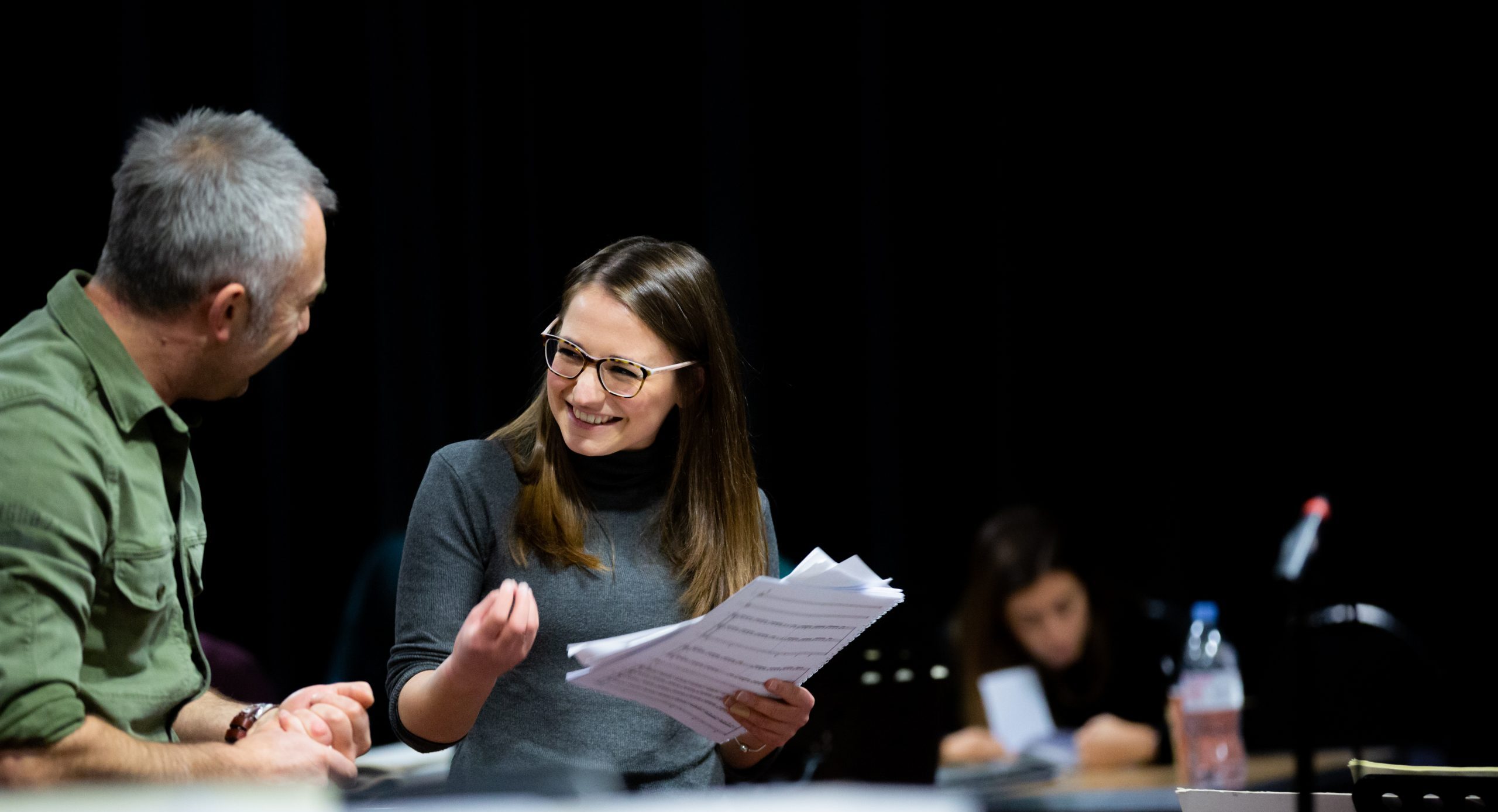
Rather fittingly it was recorded at Wales Millennium Centre in the dark depths of one of the lockdowns – which was no easy feat. It was a dark time for us all, but Death Songbook really brought a beacon of optimism in so many ways. We’re overjoyed to be bringing it ‘home’ for its live premiere.
CAN YOU TELL US ABOUT THE SONGS THAT MAKE UP THE TRACKLIST? IS THERE A PARTICULAR FAVOURITE SONG, OR ONE THAT IS PARTICULARLY RESONANT WITH YOU?
Brett and I spent several really fun months on WhatsApp, going back and forth with suggestions for tracks; there are literally hundreds of songs about loss, grief, the loss of love etc that we could have chosen. It was really hard to pick.
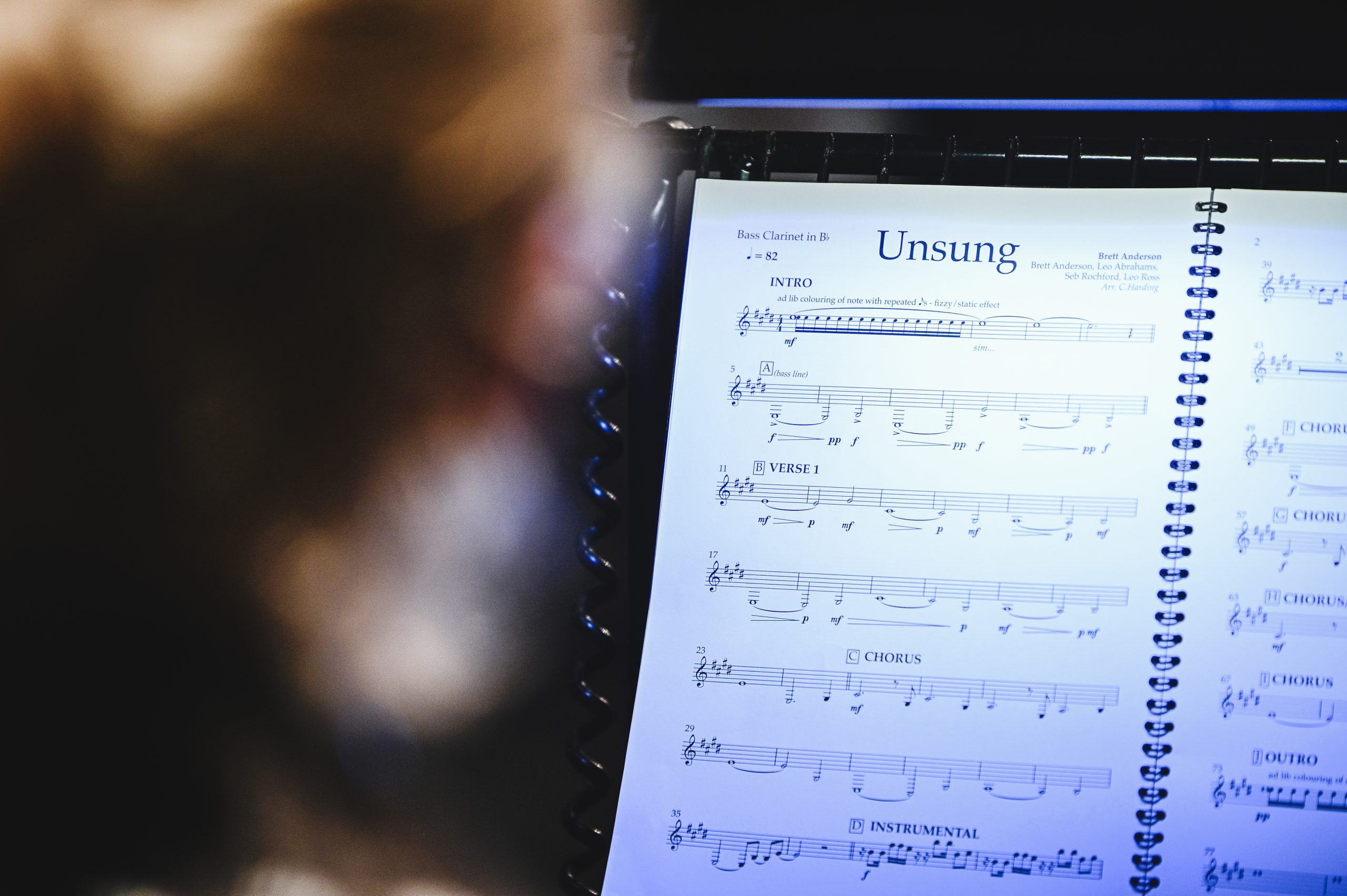
I think for Brett one of the things that he was most anxious about was putting too many of his own songs into the set. But, boy, I’m glad I twisted his arm. He’s Dead and Unsung, one a Suede B-side the other a solo Brett track, are such powerful parts of the arsenal. And how he sings it – it’s like the best Britpop ever was in fact, it’s better than I think Britpop ever was.
These are not covers… these are versions that make you view the originals through a different set of spectacles, from a slightly different point on the compass, reclothed in a new way, squeezing fresh juice from them.”
My favourite has to be Nightporter. Japan were, without exception, the most important band to me when I was a teenager. I had the big hair, I had the shoulder padded suits, I had the eyeliner. You know, so often you get really into some music when you’re 16 and then you play it again to yourself when you’re 36 and it has absolutely nothing to say to you – it’s like you can’t think why the hell it possessed you in the way it once did? But uniquely Japan’s music still speaks to me now, with all the same kind of shine and clarity and brilliance.
So, it was Japan’s Nightporter that I was most excited by – but deeply worried about. Interfering with your idols – that’s always a sketchy place to go. But partly down to the skill set of Charlotte Harding’s orchestrations, partly down to the extraordinary investment that Brett makes in that track, it again takes on a new life and becomes something other from Japan – a kind of a different point on the compass, a slight shift in the paradigm. It was very satisfying for me how well that worked out.
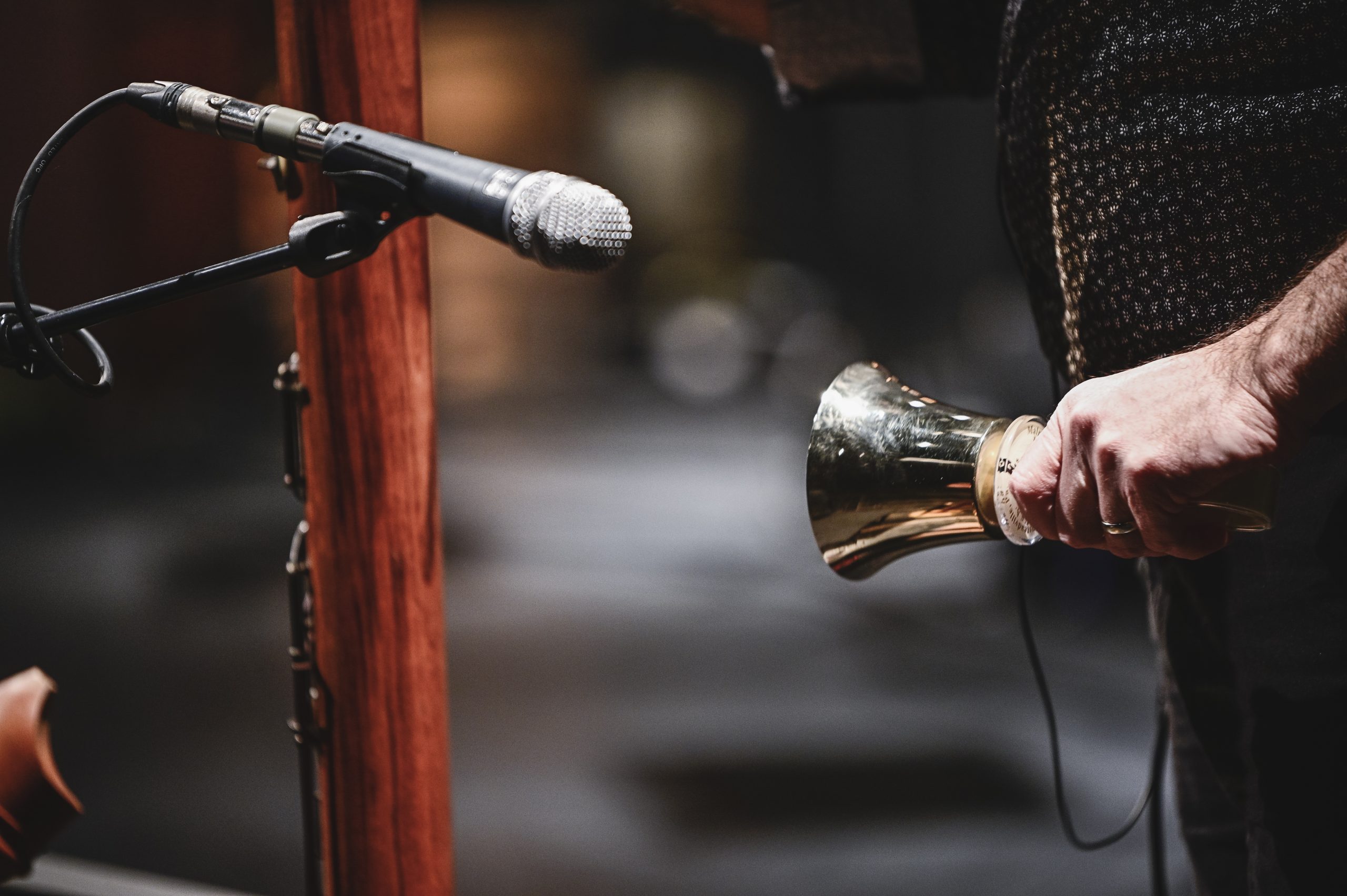
CAN YOU TELL US ABOUT THE THREE NEW SONGS YOU HAVE INTRODUCED FOR THIS LIVE PREMIERE OF DEATH SONGBOOK?
We’re introducing three new songs to the live set: a Suede song from their new album, which is called She Still Leads Me On which has a kind of a hypnotic, unrelenting, gouging-at-a-wound quality to it, whilst at the same time, also feeling very uplifting. Secondly, Depeche Mode’s Enjoy The Silence, a pretty universal banger – anyone between the age of about 20 and the age of 90 recognizes that song. And again; expect something very different: it certainly won’t sound anything like Depeche Mode anymore. Finally, something that makes me blush slightly but also gives me great joy is Brett and I have just tentatively started writing together. And the first fruit of that is a rather raw and extreme little song called Brutal Lover that we’ll do just as a two piece.
CAN YOU TELL US A BIT ABOUT THE ARRANGEMENTS IN DEATH SONGBOOK, HOW DO THEY DIFFER TO THE ORIGINALS?
Essential to this project is Charlotte Harding. She’s been one of our closest composing friends, almost since the off. She was at least 50% responsible for blazing kraftwerk: rewerk she was the orchestrator extraordinaire, behind Hannah Peel and Paraorchestra’s The Unfolding and in Death Songbook she hasn’t done mere cover versions, these are versions that make you view the original pieces through a different set of spectacles, reclothed in a new way, from a slightly different point on the compass and squeezes fresh juice from them. Charlotte is an absolute virtuoso doing that. It’s A Wonderful Life, for instance, a fantastically plastic song from the 80s that in our version sounds somewhere in between mediaeval troubadours and a kind of 90s Rave.
THERE’S SOME WEIRD AND WONDERFUL INSTRUMENTS INVOLVED IN THIS PIECE. COULD YOU TALK A LITTLE BIT MORE ABOUT THESE AND WHAT THEY WILL ADD TO THE PERFORMANCE?
Well, first and foremost, it’s important to stress that we at Paraorchestra believe that the word ‘orchestra’ has a much broader definition than people normally associate with it. It isn’t just about violas, oboes, clarinets, bassoons, French horns, arranged in a very specific and traditional way on a stage. An orchestra, to me and to Paraorchestra simply means a collective of musicians, with no rules defining the compilation of the instruments in the ensemble.
It’s A Wonderful Life … a fantastically plastic song from the 80s: in our version sounds somewhere in between mediaeval troubadours and a kind of 90s Rave.”
So, we have standard woodwind instruments in Death Songbook but, unusually there is a whole family of recorders as part of that woodwind section too. There is a strange and sparse use of viola and cello and double bass. My section, which is the keys section of the ensemble, features a gnarly, wheezy old harmonium, a lustrous and bright Celesta, and then the instrument right at the centre of the arsenal is my Wurlitzer electric piano, which is one of my most beloved possessions.
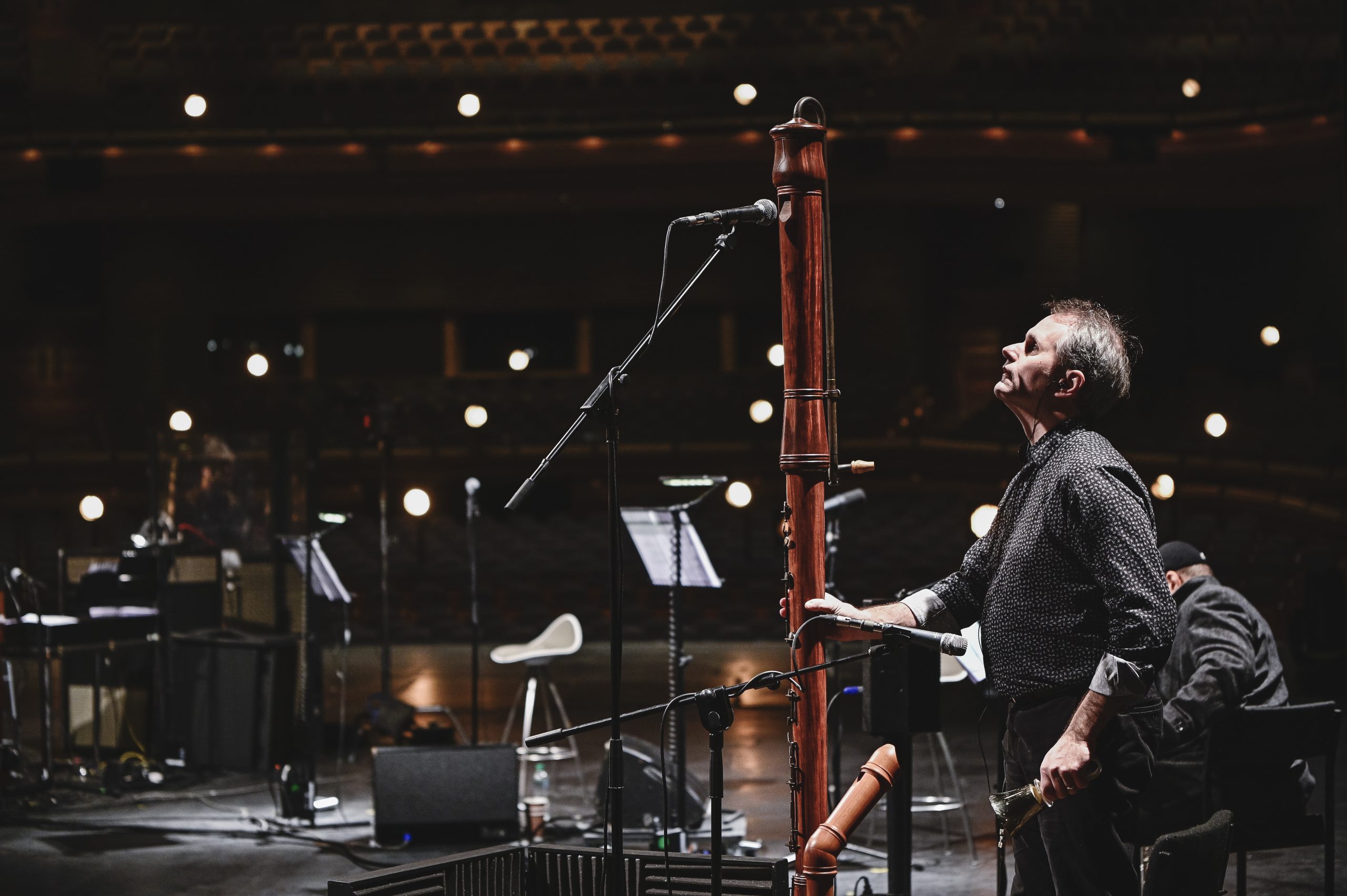
Something we’ve experimented with quite a bit is this idea of turning an instrument or a section – woodwind for example – into a kind of large-form synthesizer, putting the sonic output through a whole load of bit crushers and filtering so that they are altered in very strange ways from the original sound.
So these are all instruments that we are familiar with, but we’re hearing them in very different contours. It’s like looking through a glass darkly – it’s a thrilling experience to take the audience to a place where they least expect to go sonically.
WHAT COMPELLED YOU TO REACH OUT TO GWENNO AS THE SPECIAL GUEST ARTIST ON DEATH SONGBOOK AND WHAT DO YOU ANTICIPATE SHE WILL BRING TO THE PERFORMANCE?
I’ve watched Gwenno’s career with a great deal of interest. She and Brett have known each other for a while, and she has supported Suede on tour, so it was his idea that she would be our perfect special guest. Her voice has a kind of a brightness and a lustre to it, which will perfectly blend and kind of act as a counterbalance to Brett’s amazing tones. I think it’ll be fantastic. I’m thrilled.
HOW DOES DEATH SONGBOOK FIT IN WITH PARAORCHESTRA’S MISSION TO REINVENT THE ORCHESTRA FOR THE 21ST CENTURY?
First and foremost, Paraorchestra are about refreshing the palate, we’re about saying an orchestra can be much less of a limited concept – it doesn’t have to be that standard formation of those standard instruments playing that standard repertoire, accessible only to a few. We’re talking about an orchestra, which is a genuine balance of musicians with and without disabilities, professional world class musicians, that is more of a reflection of modern society.
Because arguably, music is the most universal language we have, by extension, the orchestra is the largest-form manifestation of that universality. It’s incredible when you look back, say 50 years and look at a photograph of a symphony orchestra. How many women are there in that symphony? Virtually none? Well, the idea of there not being absolute parity between gender in an orchestra now is laughable. But of course, there’s so much more to be done. By missing out on musicians with disabilities, we’re not only being deeply unfair, but we’re also missing out on talent. It’s such a profligate waste of talent not to work with musicians who don’t fit a standard mould, so Paraorchestra is all about that, and Death Songbook is just yet another kind of a joyous outpouring of that philosophy.
WHAT ARE YOU MOST LOOKING FORWARD TO AT THIS GIG?
I always love performing with Paraorchestra. Such an open hearted, generous collective of musicians, and when we make music together it is, without exception, utter magic. Working with Brett has been, and continues to be, a joy; there’s a creative alignment that just make everything flow, seemingly without effort. He’s so busy at the moment, with the Suede album and forthcoming UK tour I feel it’s a real testament to his investment in this project that he’s able to take time out to do this gig.
I’m delighted as always that one of my oldest and dearest friends Adrian Utley from Portishead will be joining us again. That man brings such beautiful glow and possibility to any sound world that he’s engaged with. And then of course, there’s Seb Rochford from Pulled by Magnets – quite simply the greatest drummer on the planet. He’s also the softest drummer on the planet. And it’s the softest drummers the great ones, in my view.
So, all that, plus – we’re bringing Death Songbook home, to where it was first born, and I can’t wait to share it with a live audience.


